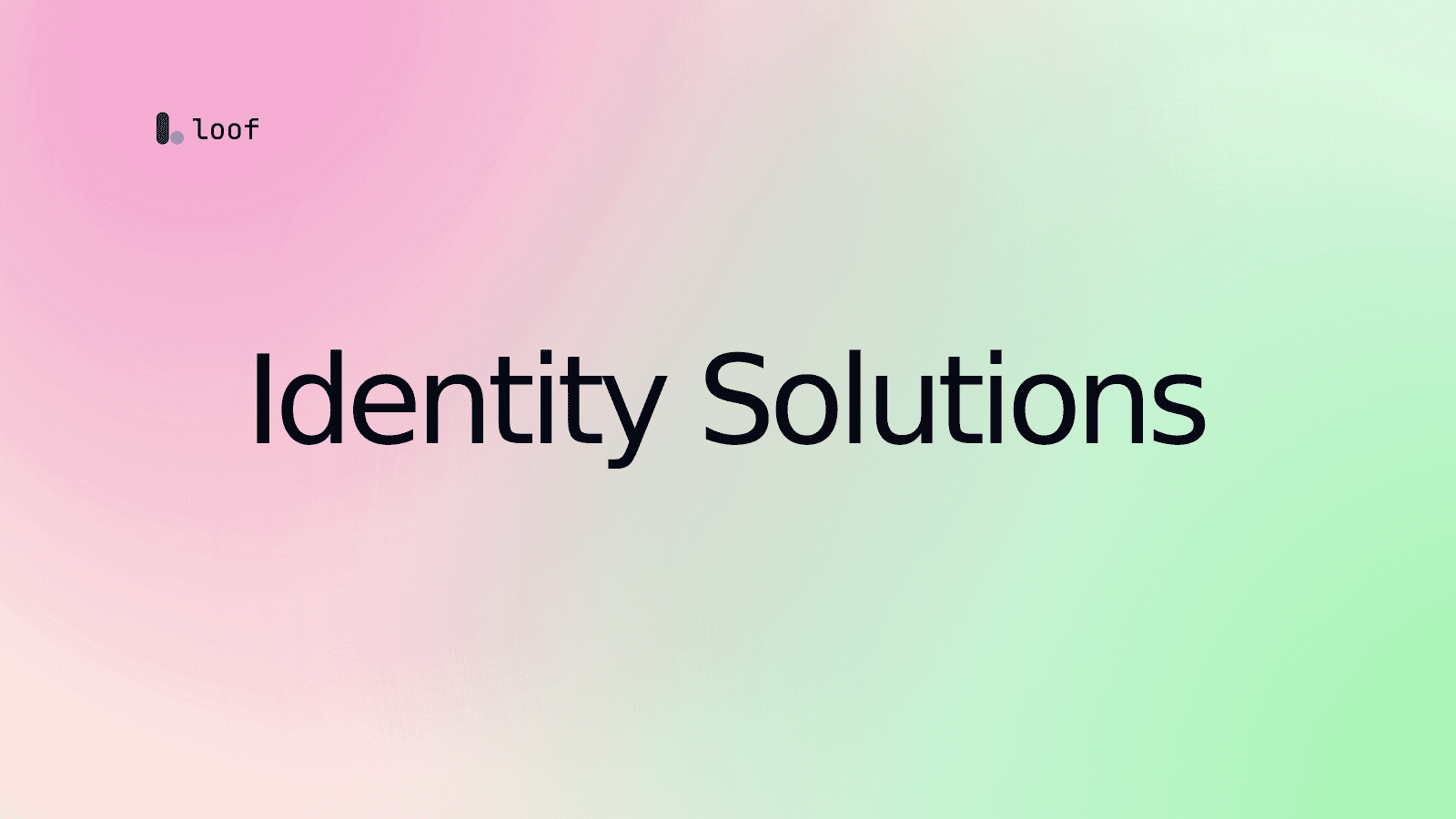Blog
Decentralized Identity Solutions: A Game Changer for DeFi Security and Accessibility

The world of Decentralized Finance (DeFi) is rapidly evolving, providing unprecedented access to financial services while offering users greater autonomy over their assets. However, as this landscape grows, so do the challenges of ensuring user security and compliance with regulatory standards. One of the most pressing issues facing the DeFi ecosystem is how to create secure and user-friendly identity solutions that empower users while preserving privacy and preventing fraud. Enter Decentralized Identity Solutions (DIS), a transformative approach poised to revolutionize the way identities are managed in the crypto space.
Understanding Decentralized Identity Solutions
Decentralized Identity Solutions leverage blockchain technology to shift the control of personal data from centralized entities back to individuals. Rather than traditional identity systems, which rely on centralized databases and verification processes, DIS enables users to create self-sovereign identities that can be verified and managed autonomously. This design promotes data privacy, flexibility, and user empowerment.
Key Features of Decentralized Identity Solutions:
- Self-Sovereignty: Users own and control their personal data without relying on third-party providers to validate their identity.
- Interoperability: DIS can work across various platforms and applications, reducing friction when engaging with different DeFi services.
- Privacy and Security: Cryptographic solutions safeguard personal information while ensuring secure verification processes to prevent identity fraud.
- Reduced Costs: By streamlining identity verification processes, DIS can lower operational costs for DeFi protocols and increase accessibility for users.
The Need for Decentralized Identity Solutions in DeFi
As DeFi platforms grow in popularity, the demand for robust and secure identity management systems becomes even more critical. With the rise in the number of participants, the risks associated with identity theft, fraud, and regulatory non-compliance also increase.
The Challenges Facing Traditional Identity Solutions:
- Data Breaches: Centralized identity databases are prime targets for hackers, leading to significant data leaks and severe repercussions for users.
- Lack of Control: Users often lack control over their personal information and must trust multiple parties to handle their data responsibly.
- Regulatory Compliance: Adhering to Know Your Customer (KYC) and Anti-Money Laundering (AML) regulations can create friction in the onboarding process for users seeking access to DeFi financial products.
- Exclusion: Many traditional identity verification processes are inaccessible to individuals without stable government ID documentation, thus limiting participation in the DeFi ecosystem.
How Decentralized Identity Solutions Work
Decentralized Identity Solutions typically utilize a combination of blockchain technology, cryptography, and standards like Decentralized Identifiers (DIDs) and Verifiable Credentials (VCs). Here’s how it works:
- Self-Creation: Users create a decentralized identity by generating a unique DID that is stored on a blockchain, eliminating reliance on third-party providers.
- Data Storage: Personal information can be stored off-chain securely, allowing users to grant access selectively to specific parties when required.
- Credential Issuance: Organizations can issue verifiable credentials to users, which they can showcase as proof of their identity without revealing unnecessary details.
- Verification: When interacting with DeFi protocols, users present their credentials, which can be verified against the blockchain, confirming their identity without exposing sensitive information.
Benefits of Decentralized Identity Solutions for DeFi
- Enhanced Security: By reducing centralized points of failure, DIS offers a higher level of security against data breaches and identity theft.
- Increased Accessibility: Empowering users with self-sovereign identities creates inclusive access to various DeFi services, which were previously unavailable to many.
- Regulatory Compliance: By providing robust verification processes, DIS can help DeFi protocols meet KYC/AML requirements while ensuring user privacy.
- Fostering Trust: Improved identity verification processes can enhance trust in the DeFi ecosystem, attracting both retail and institutional participants.
Real-World Examples of Decentralized Identity Solutions
Several projects are leading the charge in decentralized identity solutions within the DeFi landscape:
- uPort: A pioneering platform allowing users to manage their identities and credentials on the Ethereum blockchain.
- Civic: Offers a secure identity verification service that enables users to control their data while allowing businesses to authenticate users efficiently.
- SelfKey: A platform that empowers users to manage and verify their identities in a secure and privacy-centric manner.
- Sovrin: Focused on establishing self-sovereign identity standards, Sovrin supports identity ownership and secure access to services.
Conclusion
Decentralized Identity Solutions represent a paradigm shift in how personal data is managed and verified in the DeFi ecosystem. By empowering users with self-sovereign identities, DIS not only enhances security and compliance but also fosters inclusion in the rapidly growing world of decentralized finance.
As the DeFi landscape continues to evolve, embracing innovative identity solutions is crucial for ensuring long-term success and user trust. By prioritizing privacy, security, and accessibility, decentralized identity solutions have the potential to redefine the financial landscape, allowing individuals to interact with DeFi protocols with confidence and control over their personal data.